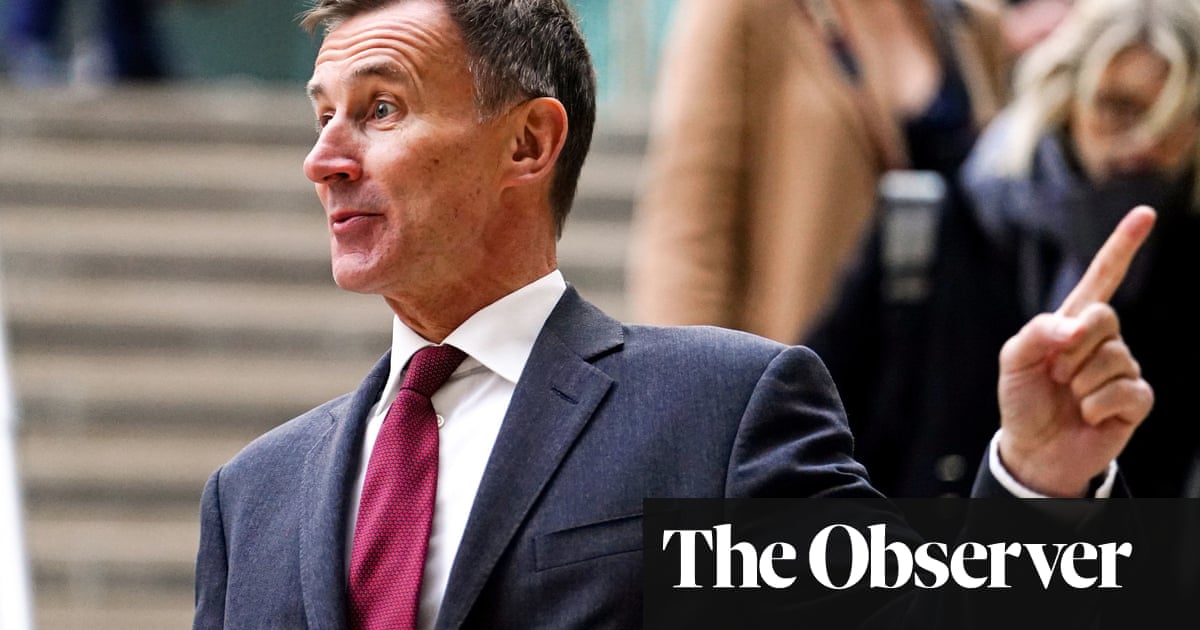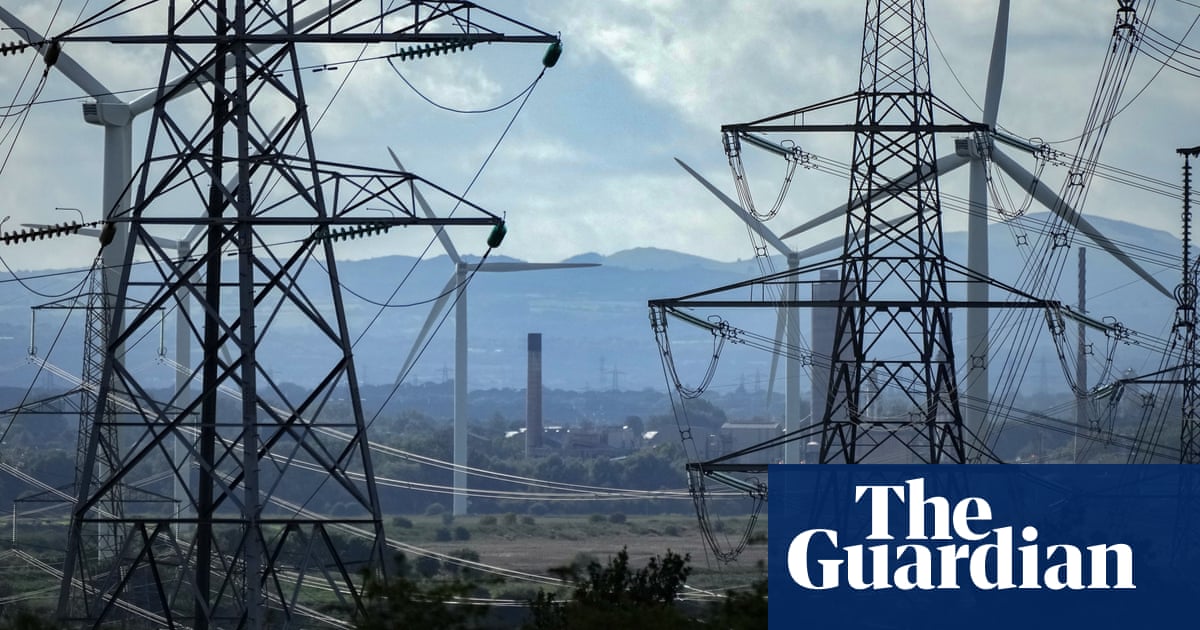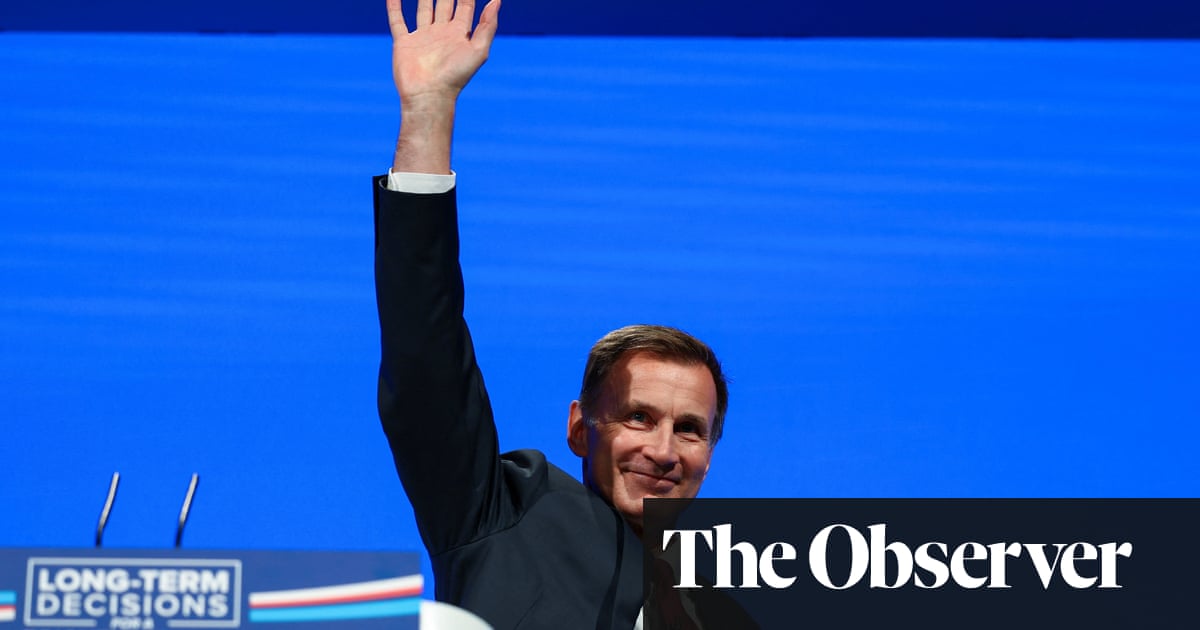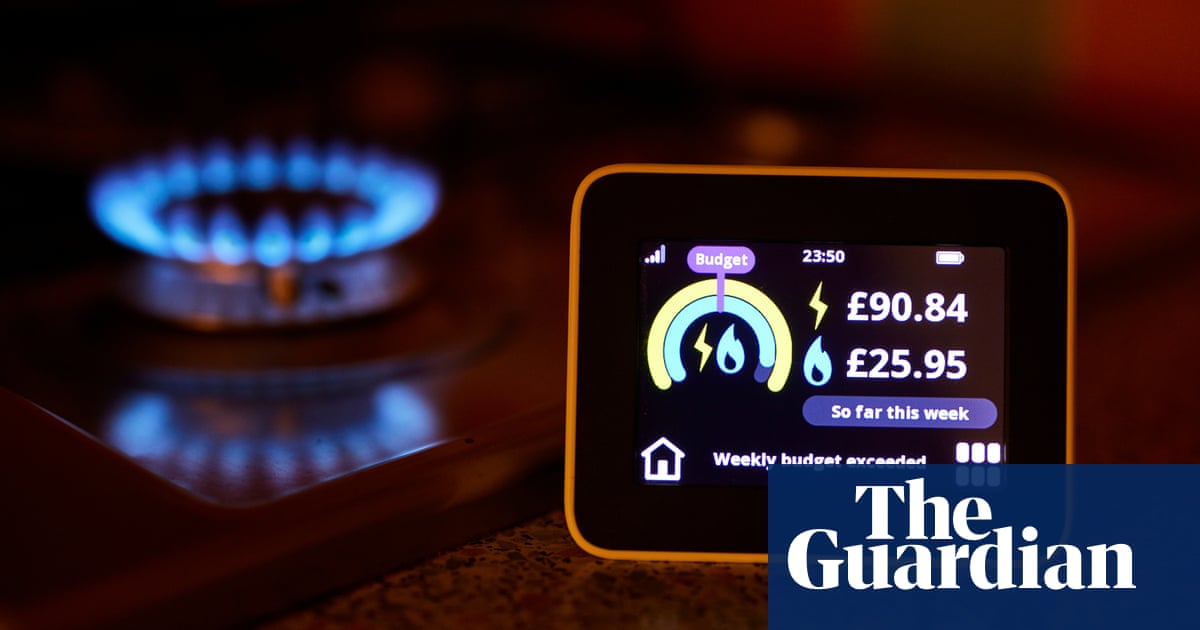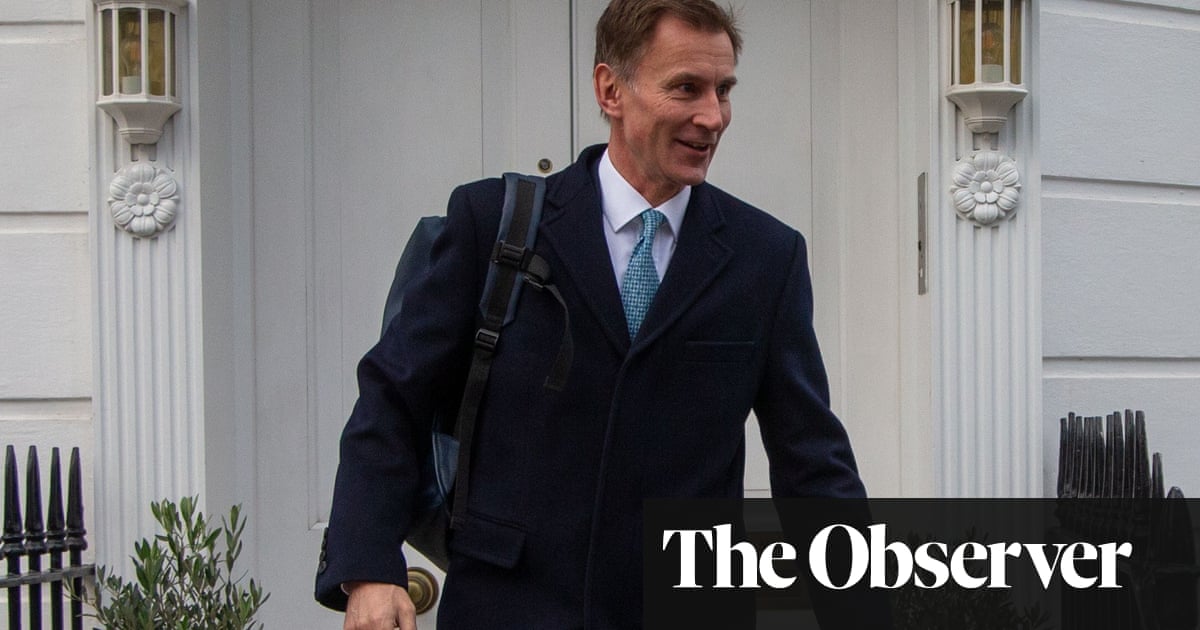
“Can I cut it?” asks Jeremy Hunt, in a clip set to A Tribe Called Quest’s 1990 song Can I Kick It?. “Yes you can,” responds Rishi Sunak in a satirical video recently released by left-leaning social media publisher PoliticsJoe.
This week Hunt will enact the latest cut of his short tenure as chancellor – one which has been typified by moves to rein in the work of his bulldozing predecessor Kwasi Kwarteng. Hunt plans to announce a revamp of the energy bill relief scheme, which subsidises all “non-domestic” gas and electricity customers, from businesses and charities to hospitals, schools and care homes.
To recap: the scheme was announced in September by Liz Truss to complement the energy price guarantee (EPG), which partially insulates households from the current crisis. Under its provisions, the Treasury fund a discount on non-domestic customers’ bills, covering the difference between wholesale prices and a “government-supported price” of £211 per megawatt hour (MWh) for electricity and £75 per MWh for gas. The initiative is expected to cost about £18bn in its first six months, which finish at the end of March.
Last week, Hunt met business groups including the CBI, the Federation of Small Businesses and the British Beer and Pub Association. BBPA members have repeatedly warned that high energy bills are forcing pubs to close. Hunt’s message was unapologetically blunt: the scheme would continue in some form, but at a less generous rate.
This did not come out of the blue: in his post-Kwarteng clean-up, Hunt made the EPG less generous, pledging to keep typical household bills at £3,000 from April for a year, rather than £2,500 for two years, as promised by the Truss administration. Similarly, Hunt said the business support was “unsustainably expensive” but he promised to avoid curtailing the subsidy entirely, saying it would remain available – at a “lower level” – beyond March.
The government had already indicated that from April the support would continue in some form for industries hardest hit by bills, which have soared after Russia’s invasion of Ukraine and the throttling of Europe’s gas supply.
However, it would now appear that the idea of bespoke support has been scrapped in favour of blanket aid at a smaller discount. “There is an acceptance that the structure of the commercial energy market is very, very complex,” said Tony Jordan, a senior partner at consultancy Auxilione. “Energy suppliers simply do not have the data on which industries their customers are in to tailor the support.”
Jack Arthur, a business energy expert at Uswitch for Business, said Hunt needed to prioritise the smallest businesses, which were more vulnerable to rising costs and “at risk of closure if prices rise too quickly”. He added: “These businesses often have lower margins and are least able to deal with cost pressures.”
The existing scheme covers firms on fixed-price contracts agreed on or after 1 April 2022, those that signed new fixed-price contracts in October, those on deemed or out-of-contract tariffs, and firms on flexible purchase contracts. Any update to these contract timings will be keenly watched by businesses.
The extent of Hunt’s reduction will also be crucial. It has been reported that support could be cut by as much as half, potentially pushing up the “government-supported price” beyond £400 per MWh for electricity and £150 per MWh for gas.
Hunt has been handed a fillip from falling spot prices for wholesale gas in recent weeks, aided by milder weather and positive signs for gas storage in Europe. If these falls are sustained, the cost to the Treasury of business and domestic energy support will fall dramatically later this year (although bumper energy tax revenues will also be reduced).
However, a sudden bounceback in demand from Covid-hit China for liquefied natural gas – or a late winter cold snap – could turn this situation on its head, leaving prices high as Europe scrambles to replace Russian gas supplies.
Many businesses have spent the winter drastically reducing their energy usage. Hunt’s actions this week will play a big part in deciding whether a big switch back on soon occurs.




